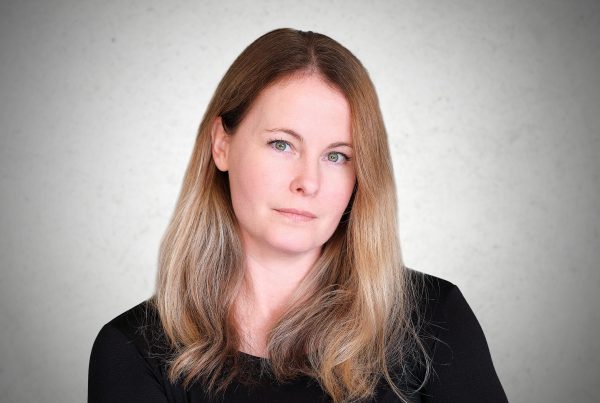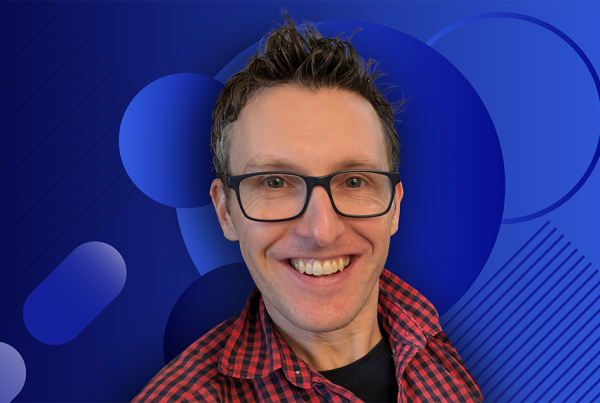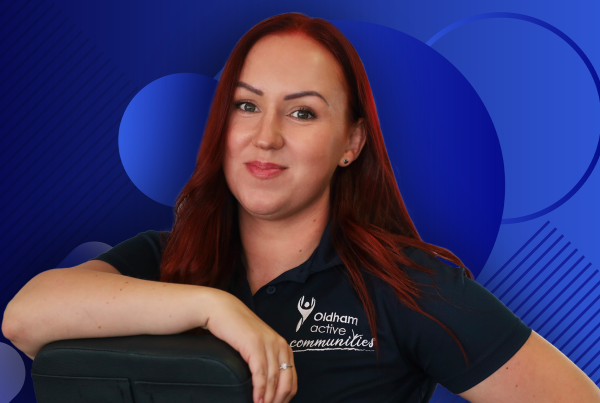In this blog series, we hear from some of the top health professionals in the UK about the importance of physical activity for lifelong health as we get ready to celebrate National Fitness Day on Wednesday 18 September.
In the fourth blog of the series, Dr Sonia Adesara, NHS doctor and campaigner, discusses the importance of physical activity for women’s overall health and wellbeing.
Physical activity is the magic pill I wish that I could prescribe to every woman in my clinic. Women and girls are less likely to participate in regular physical activity than men, yet physical activity has multiple benefits. Research even suggests that women may receive even more health benefits than men from regular exercise. (That’s at least one win for us!)
Hormonal health
Exercise can help with hormonal imbalance, which can improve fertility, gut microbiome health, and symptoms of menopause. Regular exercise can help decrease excess levels of oestrogen (a female hormone), improving symptoms of PMS and other oestrogen-dominant conditions. Studies of people with PCOS (the most common hormonal condition to affect women of reproductive age) have also shown that exercise can help improve the regularity and quality of menstrual cycles, contributing to better hormone regulation.
Heart disease remains the number 1 killer of women
Heart disease is the number one killer of women in the UK. There are currently more than 3.6 million women in the UK living with heart disease, and women are more likely than men to die from a heart attack.
The good news is that women who exercise regularly have a significantly lower risk of early death, heart attack, stroke or fatal cardiovascular event. Some studies show that the benefits of regular exercise on cardiovascular health are even greater in women than men. And, in even better news, a study published last year showed that women need to exercise less than men, to get the same benefits in cardiovascular health.
Women are more likely to have fractures
Women are more likely than men to get fractures, particularly as they get older. This is due to several reasons. Women tend to have smaller, thinner bones than men. Secondly, due to women’s hormones. Oestrogen is a hormone in women that protects bones, but levels decrease sharply during menopause, which can lead to loss of bone strength. The good news is that weight-bearing or muscle-strengthening exercises (anything from lifting weights to Pilates) can help keep bones strong and significantly reduce the risk of fractures.
Mental health and wellbeing
Physical activity has many benefits for our mental health and wellbeing. To name a few; exercise causes your brain to release ‘feel good’ chemicals like endorphins and serotonin that help improve your mood. This can reduce stress, boost your self-esteem and help you concentrate as well as sleep well and feel better.
Exercise doesn’t have to involve lifting weights in the gym. Dancing has been shown to improve cardiovascular health and reduce the risk of osteoporosis. Regular walking can also reduce blood pressure and blood sugar, helping to reduce the risk of heart disease and diabetes. Cold-water swimming has also been shown to decrease symptoms of perimenopause by up to 60% (that is better than HRT!).
We have an ambition to make the UK the most active nation in Europe (we currently rank joint 11th out of 15 comparable countries). This can’t be achieved, without women. Gyms and leisure centres have a real opportunity to help women in helping them to feel comfortable, welcomed and supported when using the facilities for getting involved in exercise and physical activity.
Progress has been made, but much more could be done to make women feel safe and supported. We need to build links between the NHS and the active sector. With the new Women’s Health hubs opening nationwide, here is a great chance to start.
As I tell many of my patients, exercise is a magic pill. So, let’s see how we can get it out on prescription to all women.
To find out more about National Fitness Day and how you can get involved this year, visit the website here.




